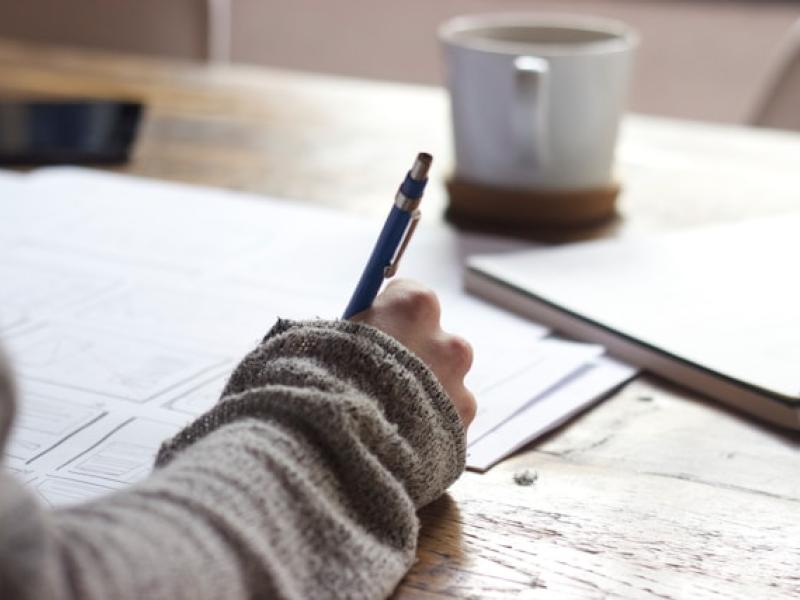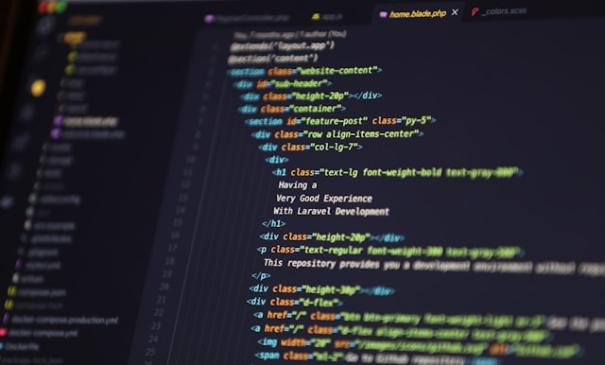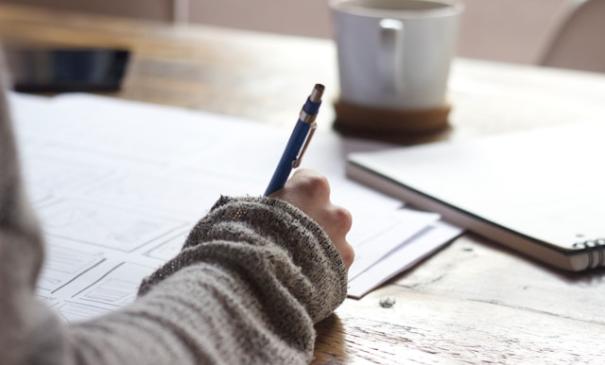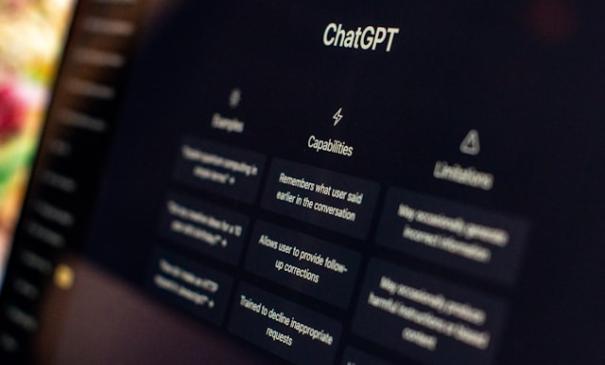A Levels are a significant step up from GCSEs — in fact, some people even say they’re harder than a university degree. I initially thought that having only three subjects would make things easier and more manageable, but I quickly realised how intense and overwhelming it can get. Balancing your studies with other responsibilities like a social life, learning to drive, or having a part-time job takes serious effort. It’s definitely a learning process, and finding strategies to manage everything effectively is key to staying on top of it all and I am still learning. I want to talk about things that have gone well for me and the things that I would’ve done differently or I have learnt from.
Things that have gone well:
- A highly underused thing I see lots of people do is not use the specification or not use it enough, this is essentially the blueprint for your exams. Use it to create your revision notes and see if there are aspects that your teacher has missed out. I also like highlighting the spec in a colour light system so I know what my areas of weakness are.
- Use your teacher: This is quite obvious but they are there to help and if they are willing to give their time up it can really help with refining areas that you need to work on and they are able to customise feedback to you as opposed to general feedback.
- Planning my week/day: It really helps to know what’s going on and what needs to be done, I find that if I don’t write it down then it usually doesn’t get done. I find that a physical planner works the best for me as crossing off my to do list is very satisfying and motivating, but as with most things you need to try out and find what works best for your needs that allow you to work most efficiently. I also like to colour code my to-do list into subject or personal things and I find that knowing roughly what section of the day I can/need to do that task also aids actually doing it - I essentially break the day into the morning, school, just after school and then the evening.
- Creating a time table for your study periods: I found that it also helped when planning my day and when I felt like I didn’t have anything to do I was able to find something and use all my time at school effectively. I didn’t always stick to it as sometimes there were urgent tasks that needed attending but I just used it as an aid/guide.
- Study groups: This can be quite a hit or miss but I find that close to exams doing this helped me teach other people (which is a very good study technique) and learn things from other people especially when we got into discussion debating if something was right or wrong as that really helps things stick in memory. I also found that it helped combine all our knowledge and we were able to pick out key details and exam techniques when we reviewed each other's questions. You don’t necessarily have to meet up but revising on zoom/teams is also quite fun as it means you are able to share documents and annotate them.
Things that I would’ve done differently or I have learnt from:
- I find that lots of teachers and older students say to use your study periods effectively but no one tells you what to do or how to . I find that doing these things allowed me to use my study periods well or give me a guide of what to do.
- First thing is to do any homework that has been set the earlier you do it the better as it’s just one less things to worry about
- Choose a topic that could be one that you just looked at in a lesson or one that you are struggling with, then look for resources to fill in gaps of knowledge like textbooks/ websites and then take a mini quiz so it gives you the chance to recall information.
- Watch a video that helps further your understanding and take the time to help you really understand the topic.
- Make consolidation notes especially with content heavy subjects like biology. Sometimes notes from school don't cover everything so combining your school notes, textbook and online resources helps get detailed notes. My preferred method is to just use lined paper as I find when doing mind maps I take a long time making it look good.
- The other methods I use to make revision resources are flash cards and active recall sheets
- I find that revising from past papers near exams after I have finished making my revision notes really helps you to know the marking points. I see most people leaving doing past paper questions right to the end or even not doing them at all which I don’t think is very effective. Near exams I like to do past paper questions and self mark them in a colour that stands out (I use red as research says it helps with retention of information). Then I might add some exam points to my flashcards/ notes that I missed out on and if I really struggle with a topic I would review it using the feynman's technique or watching a video. I did this for maths as opposed to the more common route of past paper questions at the end and it really helped highlight my areas of weakness within the subject and refined my exam technique.
- Cramming doesn’t work — Cramming might seem productive, but it rarely works at A Level. There’s too much content to absorb at the last minute, and it often leads to stress and surface-level learning. Spacing out revision, using a clear plan, and regularly reviewing topics is much more effective and manageable. When you’re organised, you have the space to actually understand the material, not just memorise it.
- Extra reading can really strengthen your understanding. Whether it’s a textbook, article, or video, going beyond your class notes helps fill in gaps and adds depth to your answers.



